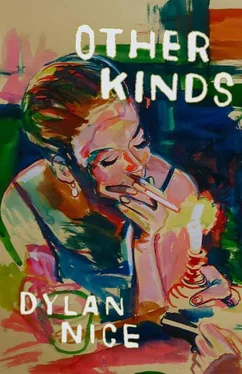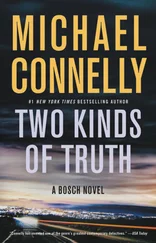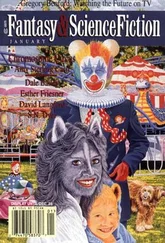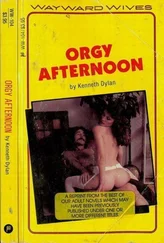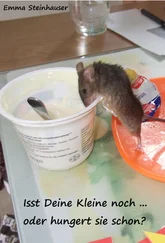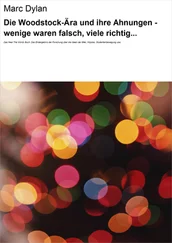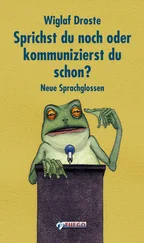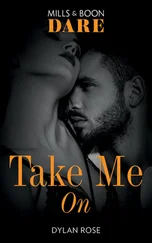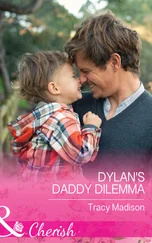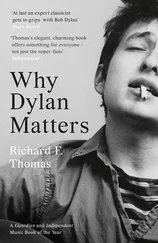After the picnics, I liked to drive her out into the fields that had been stripped for coal. Sometimes I’d park the truck, find an old piece of equipment to sit on, light a cigarette, and ask her combative questions. The wind would be blowing in from all the space around us, pulling at the hem of my T-shirt. I’d put my back to it, arch my brow, and watch her squint and blink against the gusts.
I was done with school now and worked stacking boxes in a building that was never a good temperature. When the weather was still cold, I had bought her a sweatshirt with my school’s black and gold lettering.
“I’m branding you,” I said the first time she put it on. There was a poem about her I had written in the pocket, but she made for bad poetry. The words suggested a place big and dusty with a good woman wearing her hair down and white cotton, but between this image and her was some fundamental disagreement. Her folks were people who hung inspirational sayings on the walls.
I smiled at them when I was over. Acted predictable, healthy, made things up about my own mother’s macaroni salad. They talked back in high and running sentences, used words like “marvelous.” My people were loggers and truck drivers — people who didn’t trust success as much as struggle. My father wore flannel and drank beer from tall, white cans. He spoke with a slowness that suggested hardship.
I hid this from them, because it might mean I had a temper, it might mean I liked to drink. I spent time being careful. When I took off my socks to get into their hot tub, I would pull the soles into the tubes so she wouldn’t see where the threads had been worn thin.
Their backyard was a collection of backyards, all separated with low chain-linked fences. The neighbors passed in front of windows and she told me their names, what they did for a living.
“These people will do anything for each other,” she said.
“What will they do for someone else?” I said and dipped lower in the water. The question was quieted by the flakes of snow that began to fall and melt in her hair.
I looked at a curl of her hair over her shoulder while she bent for a card on the bottom rack. Her shirt came up and revealed the small of her back. She lowered herself down to see things I didn’t care about and her jeans tightened across her legs. I hated the modern world that kept her thighs the way I liked them. When we first met I was devastated by my capacity for devastation and she insisted that she lie quietly beside me on my bed. Sometimes I got the notion I’d marry her and stop thinking about the world so much and have what I imagined my old man had had however long ago.
She showed me photo albums of her childhood. Pictures of beige siding and dark green grass. Glittered decorations announced the photos’ subjects: summer, Christmas, prom. I kept a creased photo of my father in a mesh hat and big glasses taking a wrench to a chainsaw at the kitchen table. She asked me if he had treated me good when I was a kid.
“What do you mean?”
“Did you have things?” she said.
“Sure we did,” I said. “We had a bunch of them.”
My dad had told me the only things you really own are the things you can hold onto at a dead sprint. She came over for dinner. He sat across from her and stared hard, talked about the mysterious ways of the Lord. He filled the room with the smell of diesel fuel and chewing tobacco. She was dressed, her hair up, a colorful skirt, her makeup on, her perfume strong in the heat of the kitchen.
He listed the things she was wearing to her.
“Where you headed? What are you in a hurry for?” he asked.
“I’m sorry?” she said.
“Maybe it’s good you don’t know,” he said, looking at the chimney bricks. “Maybe it’s good.”
After she’d gone, he called me down to the basement where he was quartering potatoes for seed. He asked me what I knew about this girl. I told him what her folks did, what she was going to school for, their church. He nodded and spat down the open drain.
“She’s a sweet girl,” I said. “About twice a day her eyes fill up with tears.”
“Think that’s a good thing?” he said.
He started talking about my mother: the things she wore, what her old man thought about him. His thick, stained fingers worked the knife through the potatoes. He used that pocket knife to clean his nails and open his mail. Once a year or so, he got a thin white envelope in the mail he’d read on the way back across the road. He’d stuff the letter back in the envelope, and put it in a drawer I could have opened but never did. I’d learned why she was gone without hardly knowing her. I figured her out by knowing him. He gave tearful testimonies in church. He’d make himself late for work shoveling the neighbors’ drive. He was too decent a man to marry a pretty girl used to money.
By the time we left the card store, it was raining hard. She hadn’t bought any cards and she didn’t mention wanting ice cream again.
The road back into town wound steeply through the woods. She drove the car too fast, gunning the accelerator, slamming the brakes. She had no understanding of the mechanics at play and I said nothing about the panic I felt. My father once told me that wet leaves can be like ice. Up ahead, a maple had shed its leaves thickly over a curve, and when her wheels hit, they kicked out. I hit my head, and the dash collapsed on my shin. She woke up to smoke that turned out to be her air bag’s dust. Mine didn’t go off.
She pulled at my shirt and screamed when the bloodied part of my face slumped toward her. I heard it from a great distance.
The hospital room filled with cards — cards with boats on the water, smiling teddy bears, classic cars on rural roads. She held my hand briefly while my jaw healed and I hummed with affection, convinced she saw my new weakness and forgave me everything else. The doctors knew that there would be scarring. The skin hadn’t been cut cleanly. I wrote out messages on a yellow notepad.
How long are you staying?
“Not long.”
Where are you going?
I noticed I couldn’t smell her perfume when she came in the room. I couldn’t smell anything. That, the doctors said, would never come back.
Dad came in with things to occupy my mind: puzzles, books of riddles, a block of wood and knife to whittle. The doctors took the knife off me but let me keep the block. At the end of the visit, he’d lean in close to my ear.
“You know,” he said, “I’ve been farting the whole time I’ve been in here.”
I was released after four months. I walked through the slush toward a brown brick, aging plaza, running my fingers along my right cheek. The trunk of the scar ran from my ear and the branches spread to my nose and the corner of my eye.
She had gotten a job at the bank between the card store and where they sold liquor. I got into her line to cash my first check of the settlement. The airbag did me more good in not going off.
She asked questions she already knew the answers to. How I was. How my father was. She always tried to be polite and ended up being bland.
I gave her my account card and signed my check. She kept her eyes on the screen and said she had met a friend of her family’s while I was getting better. He was older, well-employed. I knew she’d met him earlier than that — this was what she had been trying to tell me while we were crashing into that tree.
“Things are going really well,” she said, handing me my money. “I’m so sorry about your scar.”
“It’s funny,” I said. “It seems like I can smell in here, because I remember what a bank smells like.”
The apartment I rented under the post office was free, provided I fired the furnace. I gave myself only the things I needed — the basement apartment and the opened cans that cluttered the countertop. I stopped by on the weekends to fetch my dad tools while he worked on tractors he didn’t need or the shed that was falling in.
Читать дальше
